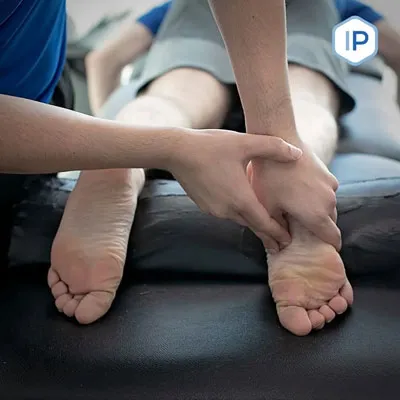Pelvic Floor Dysfunction
Many women struggle with pelvic floor dysfunction, any many women find it difficult to find help with these problems. The two most common problems our women’s health physiotherapist Sarah, see in the clinic in Leeds are Pelvic Organ Prolapse and Urinary incontinence, read below for some helpful information about this.
Pelvic Organ Prolapse
One of the most common pelvic dysfunction conditions that affect women, research suggests that almost 50% of women will have a pelvic organ prolapse. Symptoms that people who suffer with pelvic organ prolapse include; Heaviness or dragging sensation – or a sensation of ‘something heavy coming down’ vaginally. These symptoms are often worse towards the end of the day, being on your feet for a prolonged period of time or with ‘high impact’ activities.
Urinary Incontinence
One third of all women will at some time suffer with Urinary Incontinence. There are three main types;
- Urinary Stress Incontinence: Involuntary urine leakage experienced with coughing, sneezing, running, laughing, lifting etc.
- Urinary Urgency: Experienced when one is unable to get to the toilet in time as your bladder isn’t giving you enough notice.
- Urinary frequency/Overactive bladder – Multiple visits to the bathroom to open your bladder above what is seen as ‘normal’ and interferes with everyday life.
Evidence shows that pelvic floor physiotherapy is the gold standard (first line) treatment for many of these pelvic floor issues. Pelvic floor exercises are often difficult to get right when you first start with them and from the research we know about 75% of women struggle to do them correctly. When done under physiotherapy supervision where we can guide you, we can ensure that the exercises are done correctly, your symptoms can improve significantly.
We always perform a specialist pelvic floor assessment at your first appointment where we assess your muscles and show you how to activate and recruit the correct muscles. We will teach you how to work the muscles to their optimal level of endurance prior to fatigue and also progress the exercises in an effective but timely manner to ensure your pelvic floor strength matches the gravitational force and pressure that your daily and exercise activities put on them.
Three months of consistent, supervised pelvic floor muscle exercises is often the minimum length of time required to see significant improvement in your symptoms and gain confidence in returning to your activities.
The complex nature of the muscles of the pelvic floor and its muscles is the reason why it is normally difficult to know how to do these exercises right and having the support and advice from a specialist can make all the difference in how well you progress. If you are struggling with any of the above problems and would like to get an assessment please phone us or book in with Sarah online.


